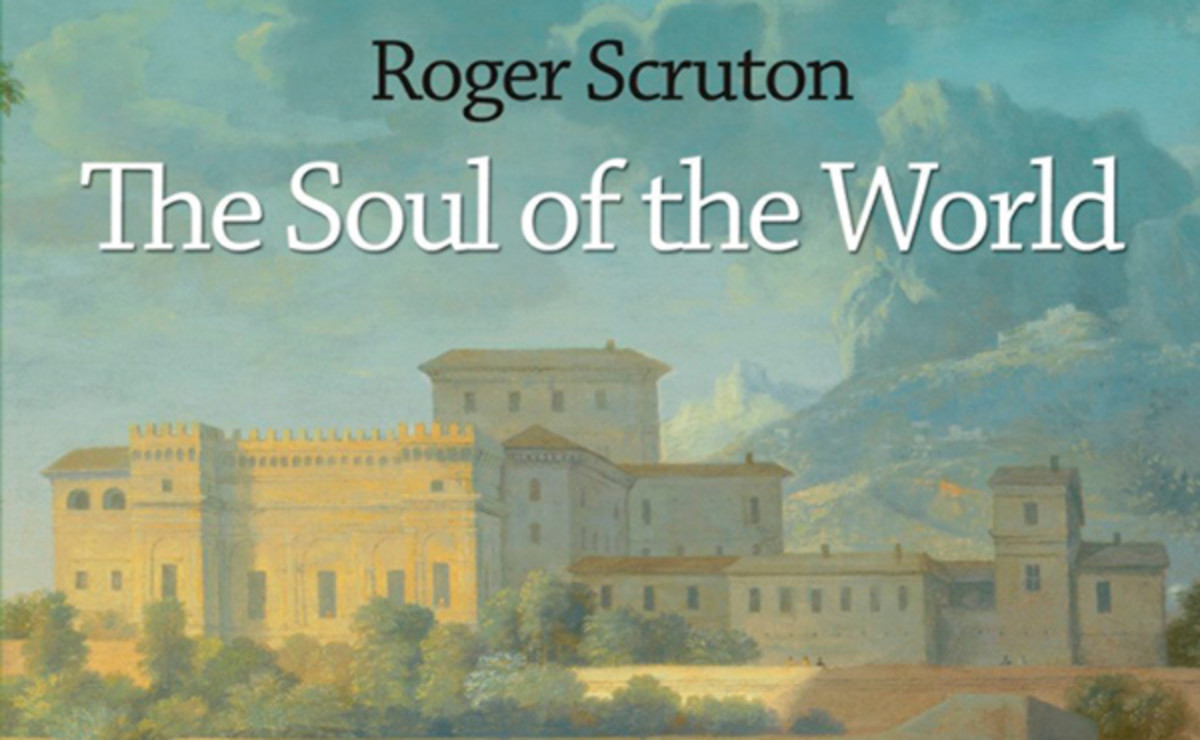Book Review: White Fragility, by Robin Diangelo

A frank, unapologetic look at white privilege and the challenges of talking about racism
Robin Diangelo, author of What Does It Mean to Be White? Developing White Racial Literacy, presents a compelling look at white privilege. Even the uncomfortable topics of white supremacy and white flight are discussed in depth.
The book starts with a foreword by Michael Eric Dyson, author of Tears We Cannot Stop: A Sermon to White America and other works, and professor of Sociology at Georgetown University.
Diangelo opens up the work by reminding readers that our country, the self-declared "land of the free, where all are created equal," is the same country that "began with the attempted genocide of Indigenous people and the theft of their land" and "American wealth was built on the labor of kidnapped and enslaved Africans and their descendants." She also notes nearly all the people in positions of power in our country, whether they be in government positions, CEO's of high-grossing companies, or owners of professional sports teams, are white.
Diangelo argues white people are the sole beneficiaries in a society that is deeply separate and unequal by race. They often confront challenges with anger, fear, and/or guilt. Whites' responses to the various topics of racism, whether they be to argue, explain, minimize, etc., are powerful because they take advantage of historical and institutional power and control. White fragility is a form of bullying, according to Diangelo.
Diangelo gives many examples of how she's been hired by various companies to speak to their employees about racism and white fragility and many, or sometimes all, of the white people in the trainings become very angry and defensive at the mere suggestion they are inherently responsible for racism in any way.
She also makes the compelling argument that white "progressives" can be the most difficult for people of color because they will put all their energy into making sure others see them as "having arrived" as opposed to expending the same energy in actual anti-racist practice. As a self-proclaimed white "progressive," this would have never occurred to me before reading the book, but now it makes perfect sense.
She also points out with the election of Donald Trump to the United States presidency, we are far from being post-racial.
The greatest attribute of the book is Diangelo's exploration on what we can do to engage in the topic of racism and cross-racial dialogue more constructively.
Whether you think of yourself as a white progressive, an anti-racist, or are in any way hesitant to confront your own contribution to white fragility, privilege, or supremacy, you owe it to yourself to read this book.

© 2018 Chad Bunch



